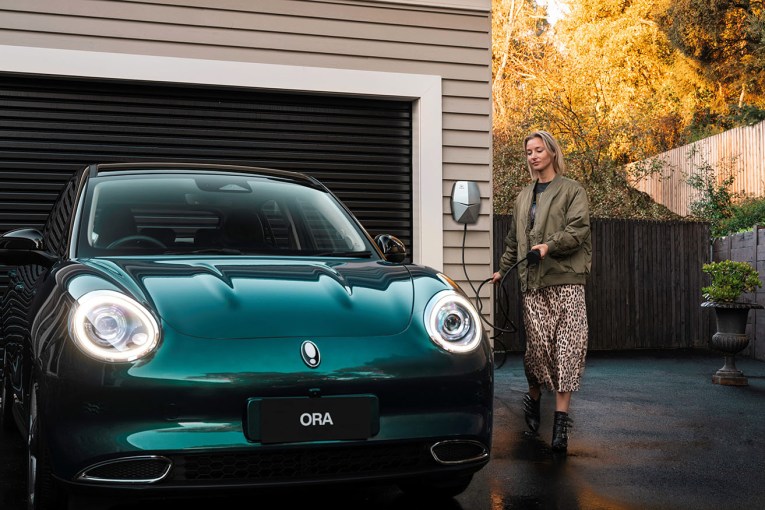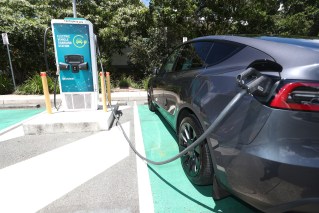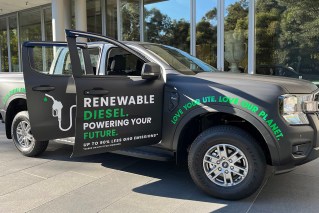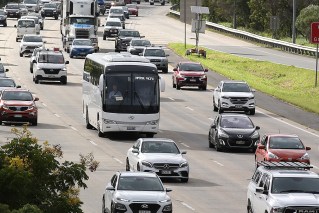Closure sounds death knell for Aussie car industry

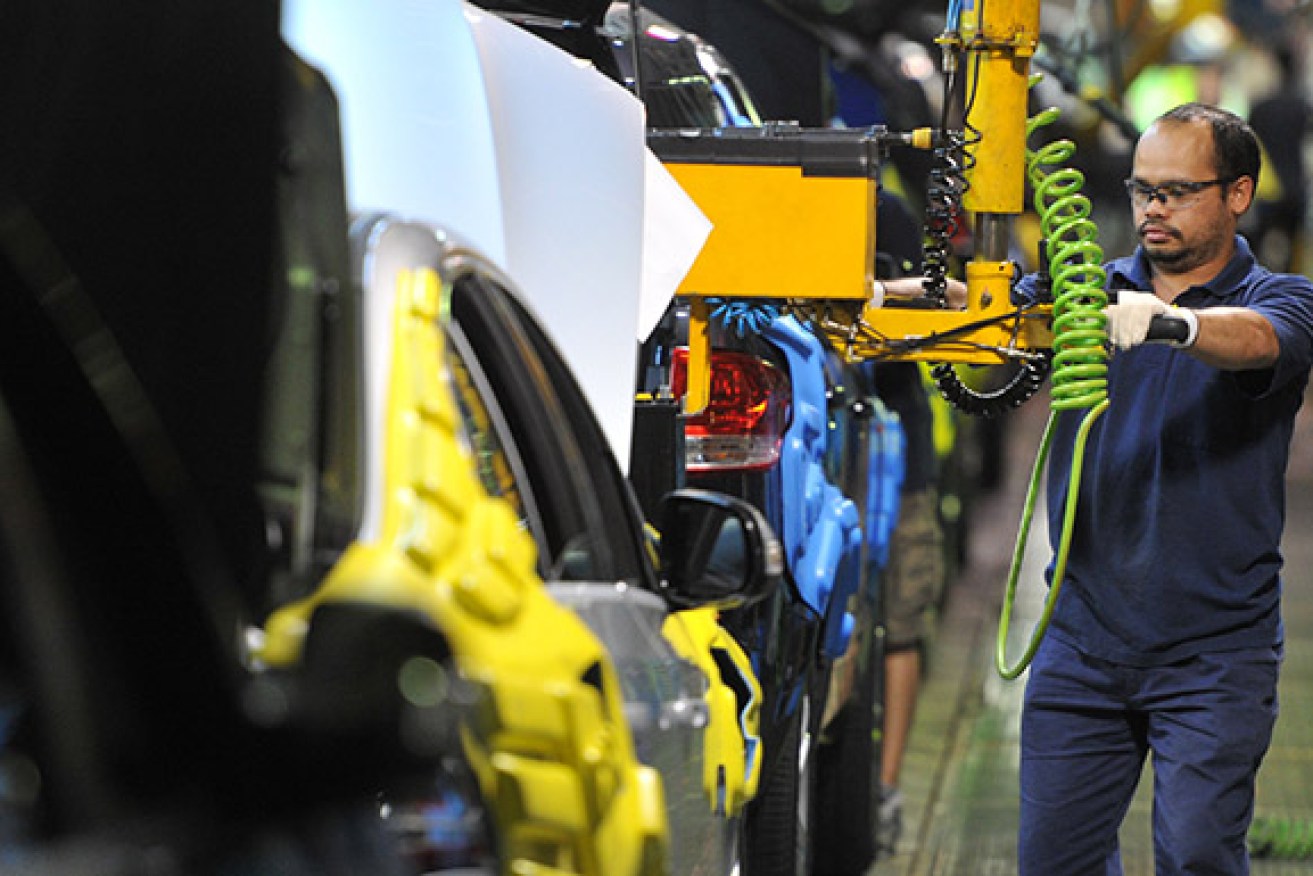
AAP
The industry group that represents the Australian car component sector has voluntarily wound itself up, as key players prepare for the loss of up 40,000 jobs when local vehicle production ends in late 2017.
The Federation of Automotive Products Manufacturers (FAPM) was formed in 1958, on the cusp of the golden era for Australian car production, and it still had about 80 members before going into voluntary liquidation.
The move comes as the countdown is underway to the end of local manufacturing by Ford in October 2016, followed by production ceasing at GM Holden and Toyota Australia at the end of 2017.
• Freedom Boy’s $78,000 travel bill
• Mining boss: ‘Women undersell themselves’
• More jobs to go at BHP Billiton
FAPM chief executive Richard Reilly said the stresses on the industry led to internal discussions on the future of the industry body about 12 months ago.
“Our members are obviously doing it tough with the lack of volume and the squeeze that put on their cash flows,” Mr Reilly said. “We’re not immune from that.”
The local car component makers, which employ about 33,000 workers, have been trying to diversify into other product lines and geographic markets.
The search for new work has concentrated on overseas automotive markets like south east Asia, India and China, and non-automotive products – like medical technology and pre-fabricated construction.

The closure of FAPM is a ‘harbinger of things to come, Shadow Minister for Industry Kim Carr has warned. Photo: AAP
But Mr Reilly expects there will be no changes to the timetable for ending car production, where Ford, Holden and Toyota have another 6600 workers in Melbourne and in Adelaide.
“That’s what the component manufacturers are working towards, nothing has changed and I don’t think it will. That’s the reality and we have to deal with it,” he said.
Rather than put further strain on the finances of member companies, FAPM decided not to charge membership subscriptions for the 2014-15 year even though this involved using cash and other assets to keep operating.
The Federation held talks with other industry groups which could take over its role, before deciding to transfer its assets and role to the Victorian Automobile Chamber of Commerce (VACC).
The FAPM is a company limited by guarantee and declared itself solvent in May, before going into voluntary liquidation on June 26.
Mr Reilly said the aim was to continue representing component makers, which would be done through under the VACC umbrella in a part-time capacity.
“It’s a very stressful time but we want to keep working until the last car rolls off the production line in 2017.”
Glimmer of hope
Federal Industry Minister Ian Macfarlane declined to comment, but his Opposition counterpart, Kim Carr, said FAPM has played a crucial role in building the automotive component industry, especially during the global financial crisis when production volumes fell by 40 per cent.
“FAPM’s decision to merge its operations with the VACC is a tragic commentary on the state of Australia’s automotive industry,” Senator Carr said.
“This is not the end of the industry, which I am confident can attract new investment. But it is a harbinger of things to come.”

Australian car production is set to end in 2017. Photo: AAP
VACC executive director, Geoff Gwilym said his industry group would service FAPM’s members beyond the end of mass vehicle manufacturing in 2017.
“Automotive manufacturing will continue to be important in this country,” Mr Gwilym said.
“Australian companies still build automotive components for niche manufacturers like Tomcar, as well as defence vehicles. Australia still has a high level of skill in manufacturing and design; we are still one of only 13 countries that can design and build vehicles in one place. We have a proud history.
“It is important to remember that automotive vehicle manufacturing only represents one-fifth of Australia’s automotive industry. The other four-fifths is the retail, service and repair industry, which keeps this country’s 17 million registered vehicles on the road.
“This is keeping the family together. VACC will be supplying critical services to FAPM members.”
The Federal government’s Automotive Transformation Scheme has about $300 million in annual funding between now and 2017.
However, the car makers get 55 per cent of the ATS funding. The component makers can get 45 per cent but it is linked to research and development and capital investment which might not occur in the winding down of production.
